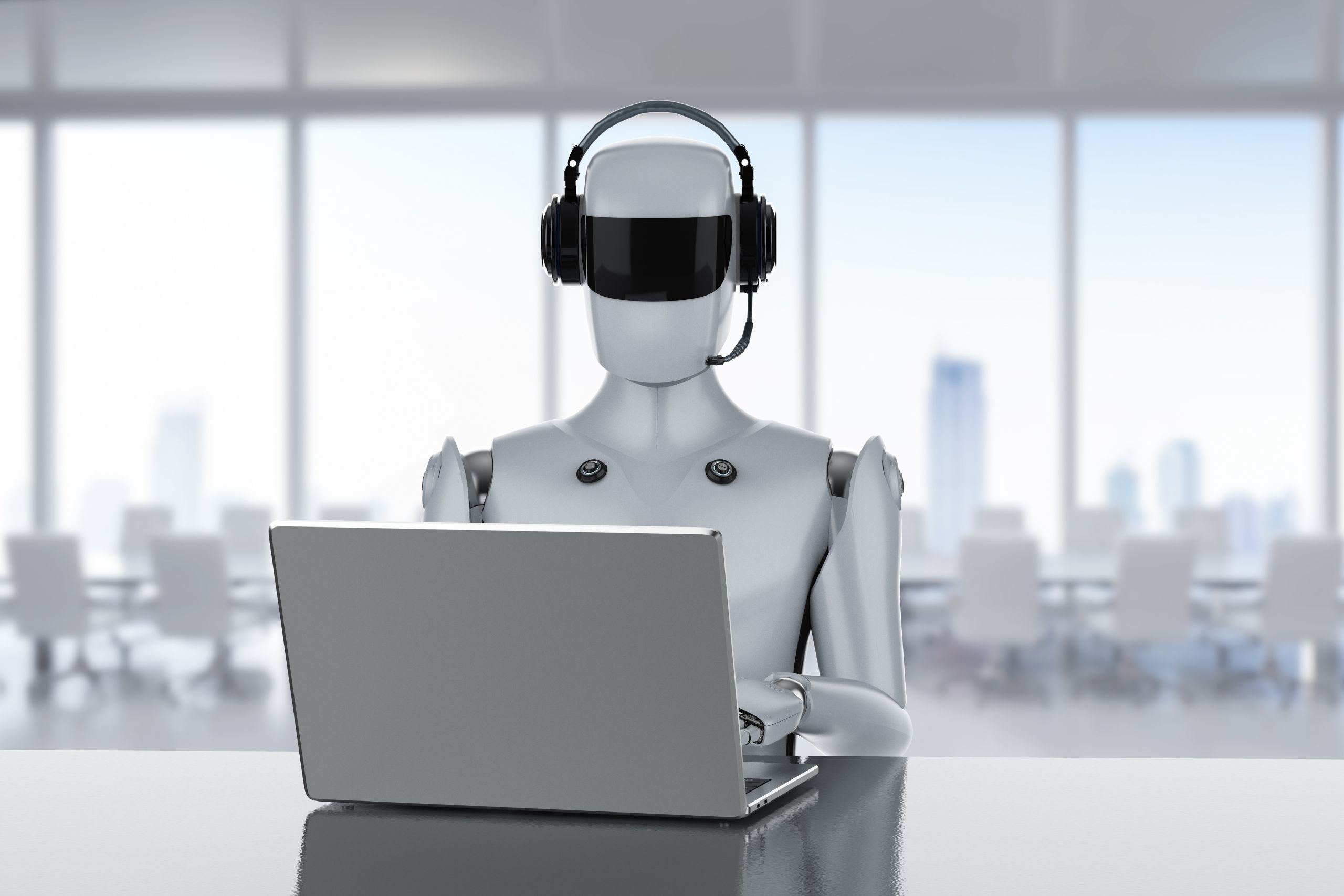AI-Driven Personalization: Shaping The Future Of Customer Experience

The growing relevance of artificial intelligence (AI) is fundamentally changing the way companies engage with their consumers. Customized goods and services have been more sought after as customers search for more unique experiences. By use of extensive data analysis to grasp personal preferences, habits, and demands, artificial intelligence satisfies this need. Finally, this technology allows businesses to raise customer loyalty and happiness by allowing them to create tailored marketing programs, recommendations, and interactions.
Artificial intelligence personalizes the customer experience by way of relevant content and offers presented at the right time. By use of machine learning approaches, businesses may predict customer behavior, therefore enabling proactive rather than reactive involvement. AI technology separating customers based on their interactions and preferences leads to more effective communication. By means of chatbots and virtual assistants, artificial intelligence also provides quick assistance, therefore streamlining the user experience. All things considered, artificial intelligence not only promotes tighter customer contacts but also drives firm growth and efficiency in a market more competitive.
Customizing Product Suggestions in Real-Time
Artificial intelligence systems scan customer data by use of machine learning models analyzing demographic data, purchasing trends, and browser activity. These technologies enable companies to recommend goods especially fit for the demands of certain customers by identifying trends and preferences.
Real-time suggestions significantly affect customer happiness as well as sales. Direct recommendations for their interests increase consumer contact with the company and purchase behavior, therefore raising the conversion rates. Real-time suggestions improve the purchase experience and increase consumer happiness by means of brand loyalty development.
Artificial intelligence is clearly being used well by companies like Amazon and Netflix when they are making new goods. Amazon makes most of its money from its recommendation engine, which suggests products based on what you’ve bought and how you’ve browsed. AI is used by Netflix to make its TV shows and movies so that customers stay interested and watch them over and over again.
Customized designs for products made possible by AI not only make shopping more fun for people, but they also help businesses make more money. This makes a point of showing how much technology changes how people act.

Campaigns for Personalized Marketing
Artificial intelligence is growing in importance in generating highly focused marketing campaigns by means of analysis of specific customer preferences and behavior. Artificial intelligence technology let companies compile information from many sources, therefore producing comprehensive profiles of their customers. This full information helps companies optimize by means of email content, social media campaigns, and other marketing activities targeted at certain client categories.
Artificial intelligence can select when to deliver communications and create ones that would appeal to certain consumers by use of predictive analytics and machine learning. AI systems may, for example, modify email topics or provide products based on prior sales, hence increasing engagement rates.
Delivering the right message at the right time offers quite important benefits for the proper customer. Better targeting results in more customer delight, higher conversion rates, and stronger brand loyalty. Moreover, this customized method lowers marketing waste as businesses might better manage their expenses by concentrating on techniques with highest success. Customized marketing tools powered by artificial intelligence help companies to more deliberately include their audience, therefore promoting development and profitability.
Enhancing Customer Support with AI Chatbots
Personalized customer care is changing as artificial intelligence-powered chatbots find more usage. These chatbots greatly shorten response times and improve user experience by providing fast personalized answers. Customer contact analysis provides insightful data that guides companies in knowing consumer preferences and behavior.
Companies like Sephora and H&M obviously have effective artificial intelligence-driven customer service systems. Sephora’s chatbot provides customized product recommendations based on user interaction, therefore guiding shoppers through their buying process. By use of style guidelines and transaction monitoring, H&M’s chatbot ensures a perfect shopping experience. Both models have shown higher revenue and customer happiness, therefore demonstrating how well artificial intelligence can enhance help.
Additionally accessible 24/7, chatbots answer consumer questions outside of regular business hours. This round-the-clock accessibility helps companies to maintain interaction and raise general client loyalty.
Including artificial intelligence chatbots into customer service not only simplifies encounters and provides tailored help but also gives companies important data to guide next plans.
Improving User Experience Under AI Driven Analytics
Artificial intelligence (AI) using consumer behavior data reviews website designs and app navigation by assessing user interactions including click patterns and time spent on certain components. This information guides artificial intelligence in selecting which layouts or features would be most effective, therefore producing optimal designs improving user experience.
AI also is very important in customizing content distribution. AI systems may customize suggestions by monitoring preferences and prior behavior, therefore guaranteeing that consumers get relevant material that fits their needs. This personalizing enhances navigation as users quickly locate the information they need and develops a closer relationship with them.
Clearly, insights produced by artificial intelligence help customer retention and involvement. Providing customized experiences and a more user-friendly layout, businesses might lower bounce rates and inspire returning visitors. In the end, artificial intelligence helps companies to be always flexible in reaction to consumer demands, thereby fostering loyalty and contentment. Companies using AI-driven analytics could so anticipate better customer base and user retention.

Conclusion
Through data analysis to grasp individual tastes, habits, and demands, artificial intelligence (AI) helps companies to properly customize their products and therefore personalize consumer experiences across several sectors. Companies may develop tailored marketing plans, improve product suggestions, and streamline customer contacts by using AI-driven information, thereby strengthening their relationships with their consumers. Stressing timely and relevant experiences, companies should use artificial intelligence technology into their consumer interaction systems to build closer bonds. Customizing driven by artificial intelligence not only raises consumer happiness but also promotes long-term commitment, thus enabling steady economic development. Businesses adopting this evolving strategy will probably gain from a more involved clientele that guarantees their competitiveness in a market becoming more specialized.








